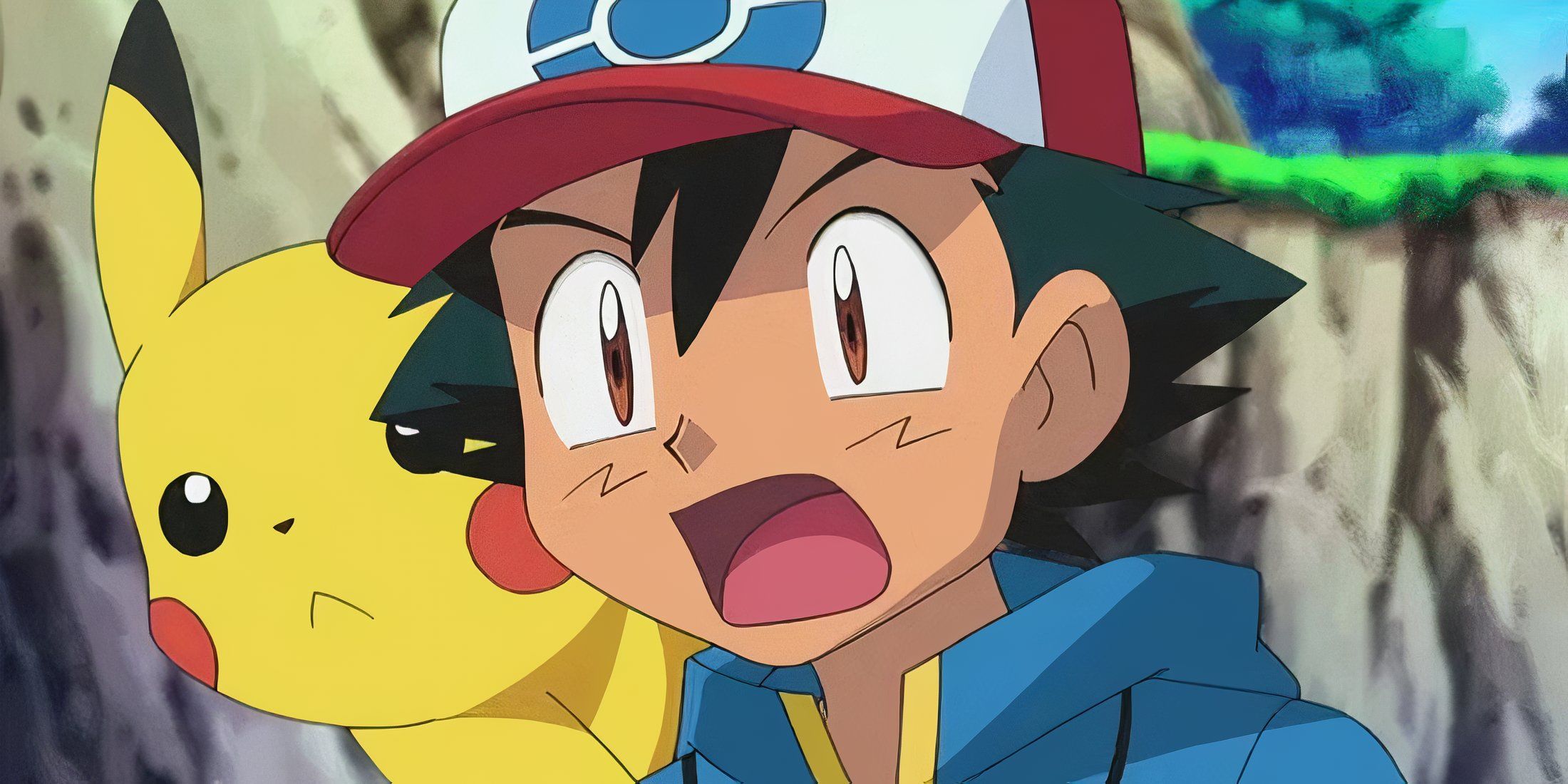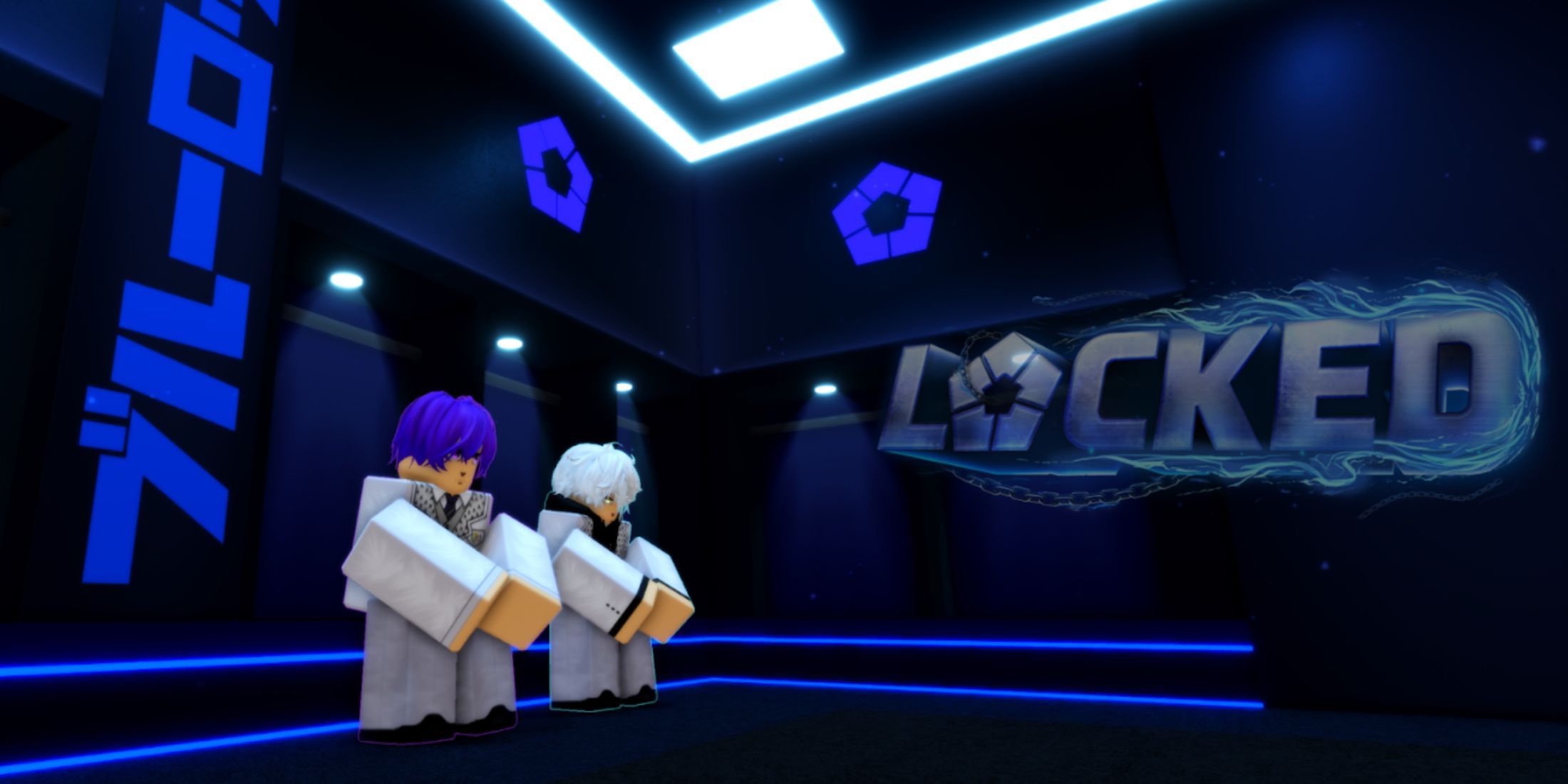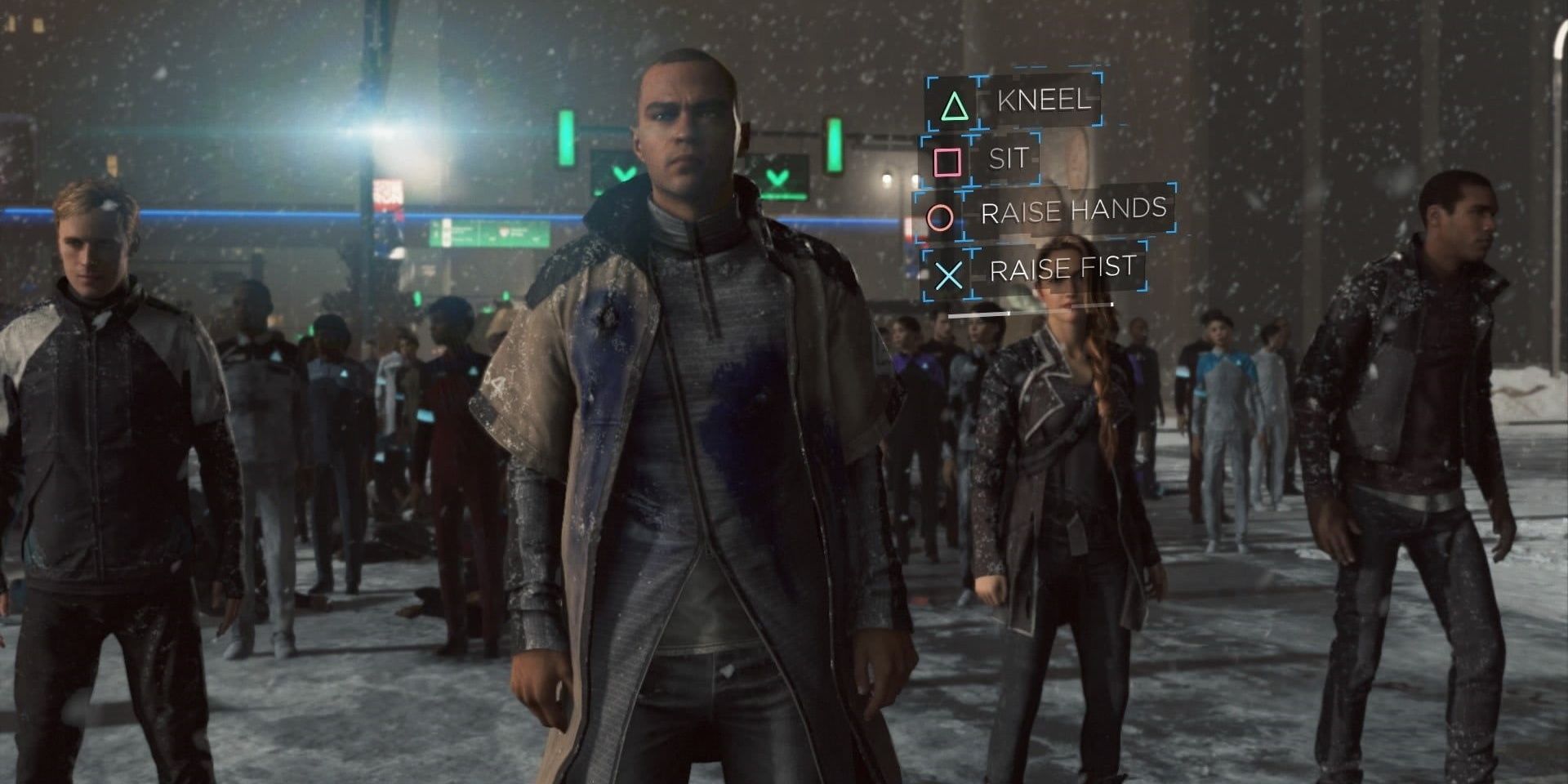Quantic Dream is a fascinating developer. It makes it the norm to break convention and provide players with games that still have the ability to subvert expectations even when the company's abstract way of making games is well documented. Fahrenheit/Indigo Prophecy was its first big success, a cult classic that used stylish presentation to tell a story about guilt and the paranormal. Then came Heavy Rain in 2010, which had four playable characters, each intertwined with the story to keep gamers guessing on the path to a plethora of endings. Beyond: Two Souls followed that, and in 2018, Detroit: Become Human gave a glimpse at a future of integrated AI and the social inequalities that it could create.
It's a game that, like its predecessors, uses many narrative paths to create a story that can be largely different on a second playthrough. Seeing the city through the eyes of Kara, Markus, and Connor is fascinating, as each character's perspective is different from the last and provides a suitable angle to explore the game's heavy themes and complex topics. Detroit: Become Human has been the topic of much scrutiny and has been poked fun of online with its sometimes cheesy dialogue and character interactions, but when it shines, the Quantic Dream-developed project has the capability to be something very profound, and as the game reaches its five-year anniversary, this is clearer than ever.
Detroit: Become Human's Themes are Poignant and Relevant Five Years On
The future presented in Detroit: Become Human is far from accurate in 2023, but its story doesn't seem like one that's trying to be an accurate prediction, as it explores modern social issues like class inequality, prejudice, and the integration of AI into modern life. All of which are important themes that are still taking up much of the space in national news. Because of this, Detroit: Become Human's otherwise science fiction-ish narrative has an element of realism that cannot be ignored, no matter how cheesy the dialogue can be.
Seeing Markus thrust into the limelight with his ambitious nature or Kara desperately cling to Alice like a mother would each give the story so much weight and diversity, and the simple gameplay mechanics ensure that it's never difficult to switch between protagonists. Each character is oppressed by humans, and their struggles mimic those that have happened to communities in the past. That emotional weight is the essence of Detroit: Become Human's quality, and no amount of poking fun can change that.
Quantic Dream Sets the Bar for Branching Narratives
Though games like Until Dawn and Pentiment use story decisions to change the tale being told, sometimes radically, Quantic Dream are still the developer most known for the format, and Detroit: Become Human reaffirms this with even the most subtle changes having a big impact. One wrong move at passport control or on the roof of a sky rise apartment means it can all go drastically wrong, meaning even on multiple playthroughs Detroit: Become Human has the potential to surprise.
There are undoubtedly spots in the game that are ripe for ridicule, but the way it maintained the high standard of branching paths on the medium, as well as exploring themes that feel increasingly relevant in 2023 cannot be understated. It's one of the best games of 2018, and is still an easy recommendation for players looking for replay value out of a compelling story and interesting characters. If the plentiful memes are an entry into the AI-infused world of Detroit: Become Human, then so be it, because half a decade later it's still worth experiencing.
Detroit: Become Human is available now on PC and PS4.






.jpg)